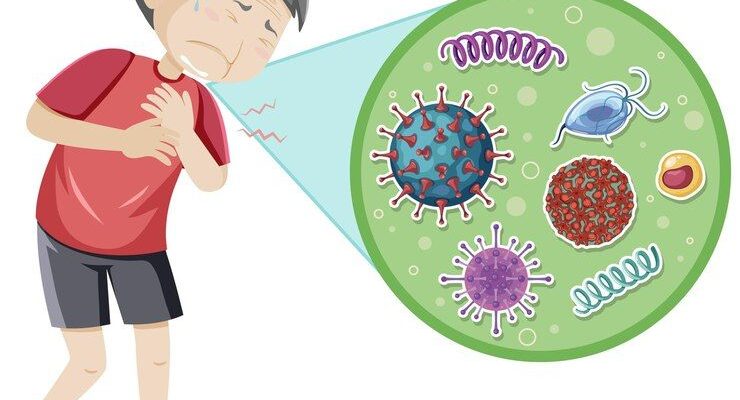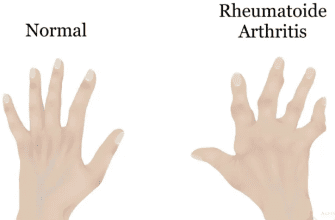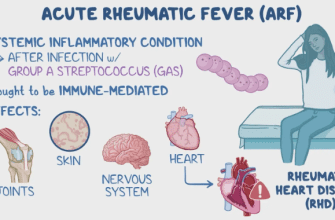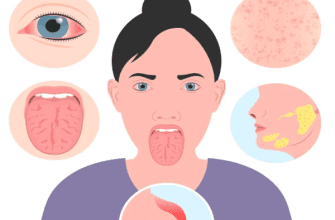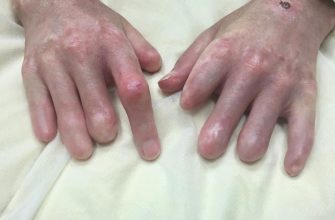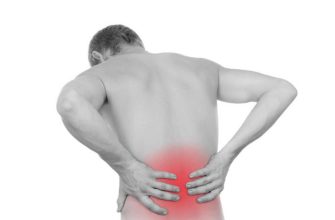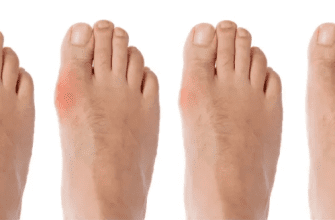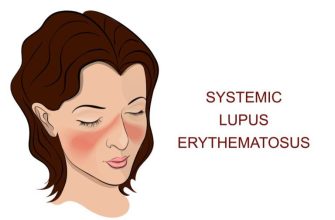What is this?
Norovirus infection is an acute intestinal infection caused by norovirus, a type of enterovirus.
The causative agent of infection is norovirus, a virus of the Calviviridae family.
How does infection occur?
The mechanism of transmission of infection is fecal-oral.
The main ways of transmission of infection:
- food —eating unwashed vegetables or fruits;
- water — consumption of liquids infected with the virus;
- contact-household – the use of contaminated dishes, household items; unwashed hands.
A person infected with the virus is contagious to others during the acute phase of the disease and in the next 48 hours (incubation period).
Most susceptible to intestinal infections:
- Children under 5 years of age
- Elderly people
- People with diseases of the stomach and intestines
- People suffering from alcoholism
- Those with weakened immune systems
Symptoms
A person usually develops symptoms 12 to 48 hours after being exposed to norovirus.
- Most common symptoms: Diarrhea, vomiting, nausea, stomach pain
- Other symptoms: Fever, headache, and body aches
If you have norovirus illness, you can feel extremely ill, and vomit or have diarrhea many times a day. This can lead to dehydration (loss of body fluids), especially in young children, older adults, and people with other illnesses. Symptoms of dehydration include:
- Decreased urination
- Dry mouth and throat
- Feeling dizzy when standing up
- Crying with few or no tears
- Unusual sleepiness or fussiness
Diagnosis
Diagnostic methods for norovirus focus on detecting viral RNA (genetic material) or viral antigen.
Diagnostic tests are available at all public health laboratories and many clinical laboratories.
Treatment and recovery
Most people with norovirus illness get better within 1 to 3 days.
There is no specific medicine to treat people with norovirus illness.
Antibiotic drugs will not help treat norovirus infections because they fight bacteria, not viruses.
Prevention
Norovirus is very contagious, but you can take steps to protect yourself and others, including:
- Wash your hands well and often.
- Cook shellfish thoroughly and wash fruits and vegetables.
- Clean and disinfect contaminated surfaces.
- Wash laundry in hot water.
- Stay home when sick for 2 days (48 hours) after symptoms stop.
